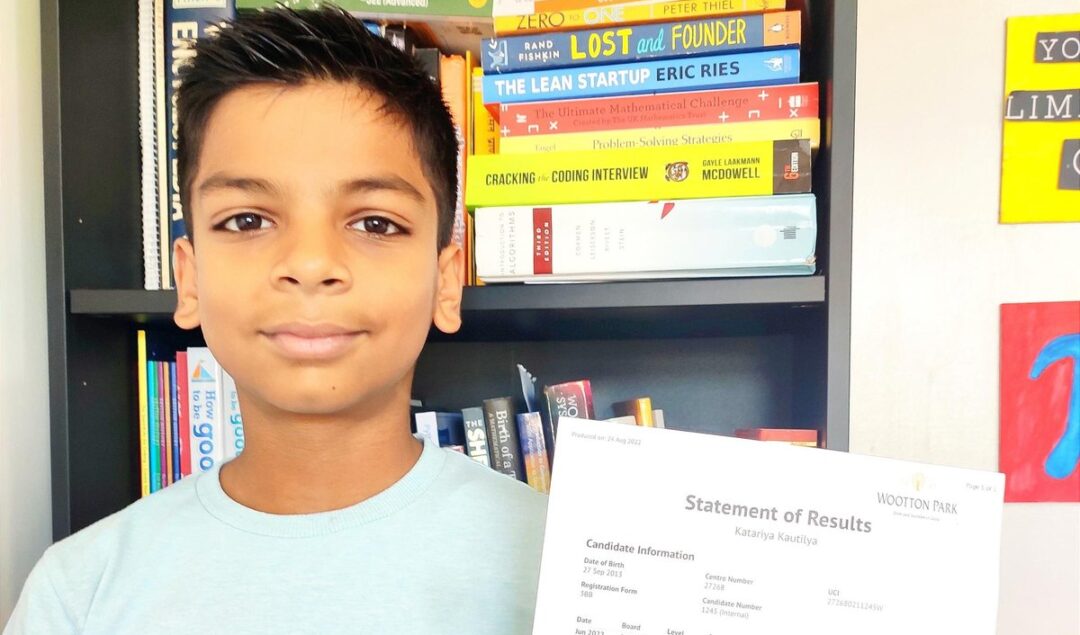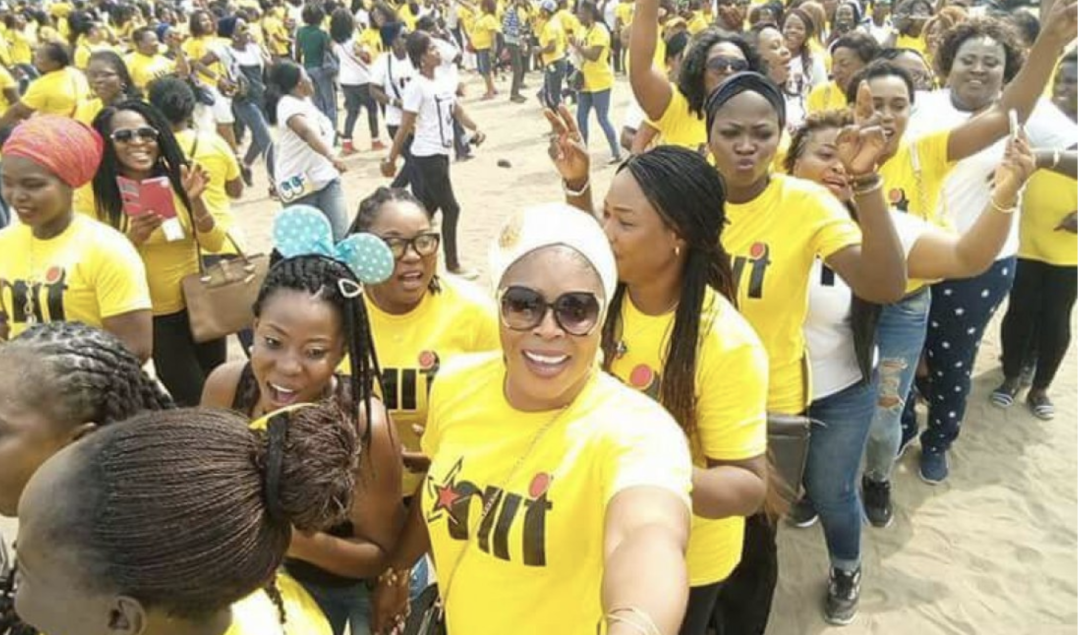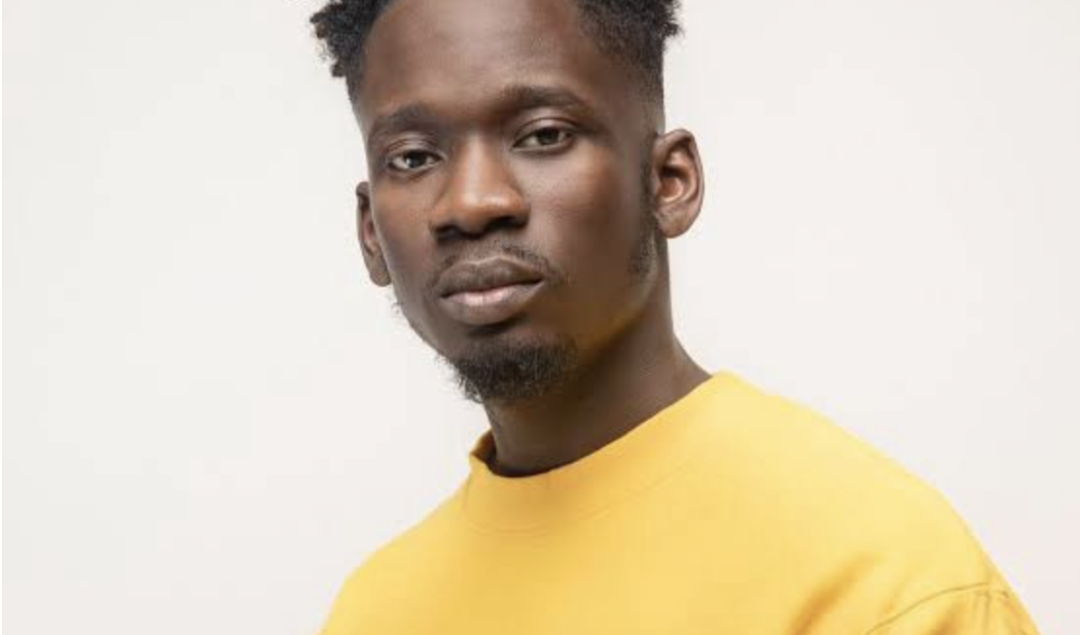As Africa’s tech ecosystem grows, the demand for talent is soaring. For young Africans, digital skills have become ever-more important and attractive. In 2021, according to the Africa Developer Ecosystem Report (pdf), Africa’s developer community grew by 3.8%, bringing the total number of developers on the continent to 716,000. The average local developer in Africa is seven years younger than their global counterpart and has up to three years of experience. The pandemic drove increased adoption of remote work around the world, leading to international companies recruiting African developers at
Two years ago, Kautilya Katariya broke records by becoming the world’s youngest qualified computer programmer. Now the eight-year-old has added another accomplishment to his growing list, after achieving the highest grade possible on his national math exam. The General Certificate of Secondary Education (GCSE) exam is the main qualification taken by 14- to 16-year-olds across the UK. However, after teachers at Wootton Park School in the UK assessed his ability in the subject, Kautilya was allowed to study for and sit the exam almost eight years early. Kautilya achieved a
There’s only one way we can start the week here at POCIT: sharing the ‘good news’ of people of color in tech. There have been a lot of negative headlines in the tech space, from declining investment in minority communities to major layoffs at big companies – redundancies that often impact women, POC, or juniors. But that’s why we’ve made an effort to kick off the week on a high note as it’s important to remember that we’ll all see the light at the end of the tunnel. Here’s some
A well-known influencer collective, Collab Crew (formerly known as Collab Crib) has had a turbulent few months with its founder Keith Dorsey stepping down to focus on his mental health, appointing Robert Dean III (@robiiiworld) to take the lead and of course the big news that it’s shifting from a collab house into a studio. What was the ‘Collab Crib? It was one of the nation’s only content houses for all-Black influencers. There – 10 young creators worked daily under the care of a manager. Most of them lived in
Lola Omolola is a former Nigerian journalist who founded the Female IN (FIN) group on Facebook – a private group for women with nearly 1.7 million members where others can share their untold stories regarding their sexual abuses and other challenges they are facing. FIN’s genesis can be traced to 2014 when nearly 300 girls were kidnapped from a boarding school in Nigeria by the Boko Haram militant group. According to what she’s previously told the media – the kidnapping represented the worst form of patriarchy: men were targeting young
Last Friday at the State House in Nairobi, Kenya’s outgoing president, Uhuru Kenyatta, announced the addition of coding as a subject into its primary and secondary schools curricula. With this new breakthrough, Kenya reportedly becomes the first African government to recognize coding as a topic of study in the two early schools. “I congratulate the Kenya Institute of Curriculum Development for guiding our country to this historic milestone by including coding as a crucial ability inside our new Competency Based Curriculum,” Kenyatta announced. Kodris Africa, an online publishing company specializing
SoLa Impact and Riot Games have partnered to launch the Tech & Entrepreneurship Center, which aims to help “inspire and develop the next generation of Black and Brown game developers.” The new center will be located in the heart of South Los Angeles and will provide accessible technology education to the South Los Angeles community. The initiative was made possible after the popular game developer app, Riot Games, donated $2.25 million to the SoLa I CAN Foundation. The additional funding went towards the design of the center, which will be free for all
As a Black woman who loves anime, Bee Law knows these spaces can often be unwelcoming to people like her. To combat this issue, she created a solution to give Black women more representation in the community. Bee Law’s life has been guided by a desire to help communities. At 16, she started a nonprofit for students with autism after witnessing one of her friends get bullied. Later on, Law pursued a full-time career in cytogenetics, which she saw as a way of helping communities from a scientific perspective. Now,
Adesuwa Okunbo Rhodes is the Managing Partner and Founder of Aruwa Capital Management and one of a handful of women leading VC firms in Africa. Aruwa invests between $500,000 and $2.5 million in post-seed stage startups. Beyond being able to invest in an underrepresented market, existing data suggests that gender diversity improves companies’ profitability, and Rhodes was keen to exploit this. “I’ve been in the industry for 14 years. I was running a fund prior to launching Aruwa, and when I was fundraising for that fund, I looked around and saw that there
Black Coffee, the famed South African DJ and record producer, whose real name is Nkosinathi Maphumulo, backed Andela, a tech talent incubator and unicorn launched from Lagos in 2015. But he’s not the only musician dipping his toe into the tech scene – African artists worldwide are using personal funds and collectives to invest in startups. Mr. Eazi, real name Oluwatosin Ajibade, made headlines in Africa’s tech circles following his investment in pawaPay, a UK-based and Africa-focused mobile payments company through Zagadat Capital. But unlike Jay-Z and many other African-American musicians now entering













